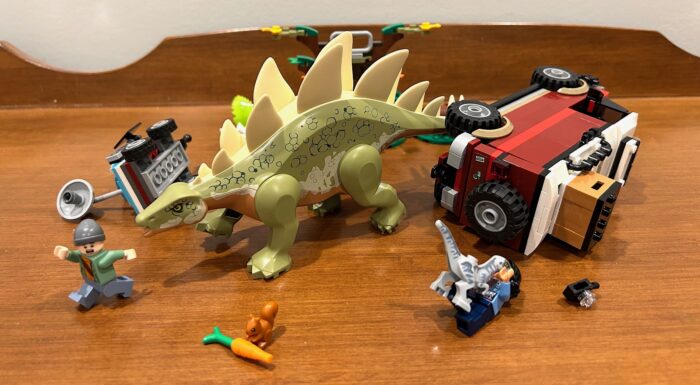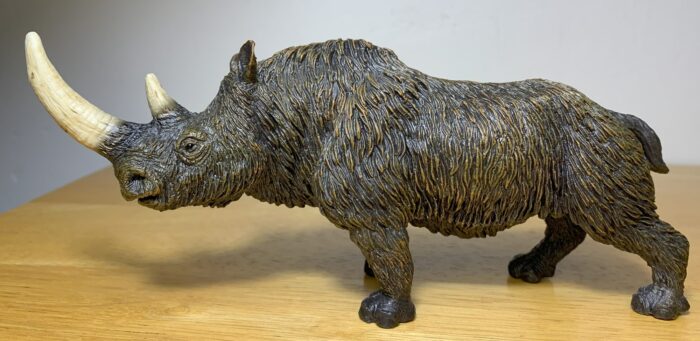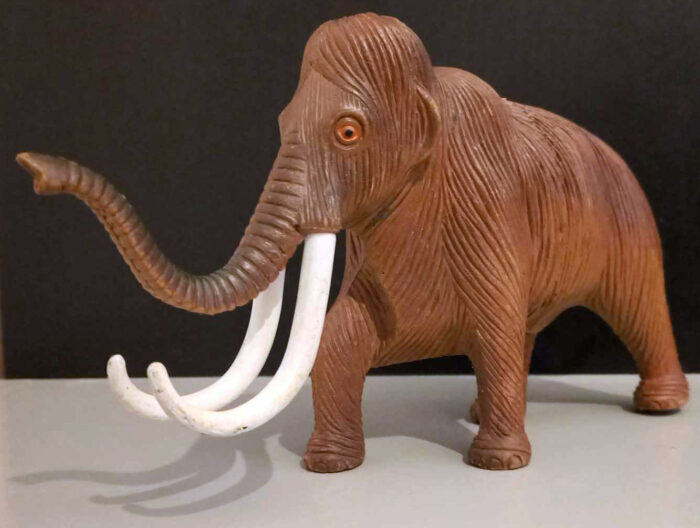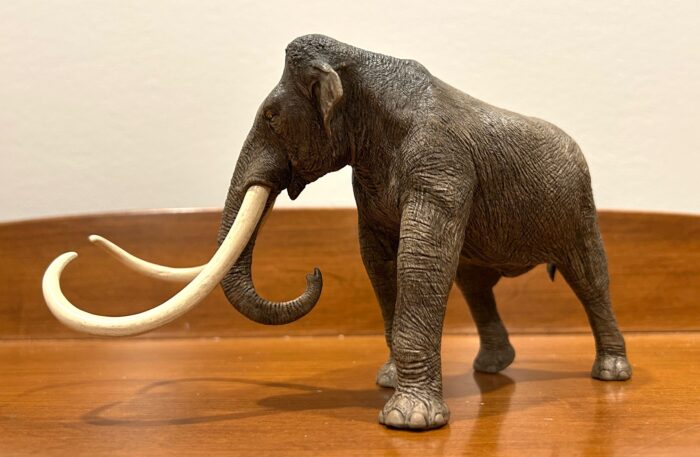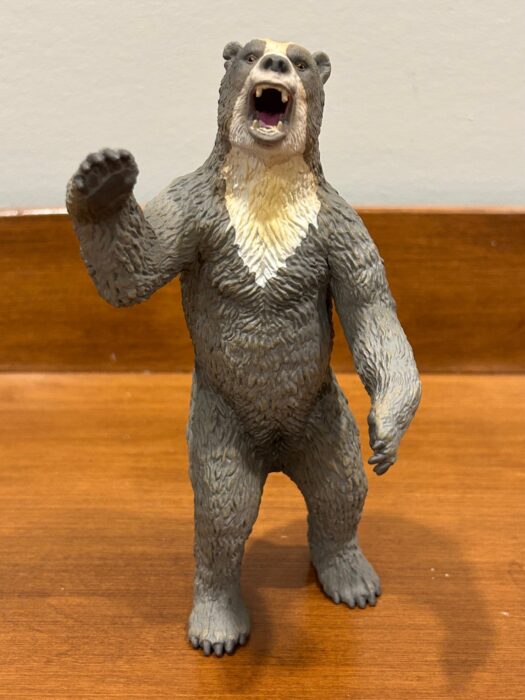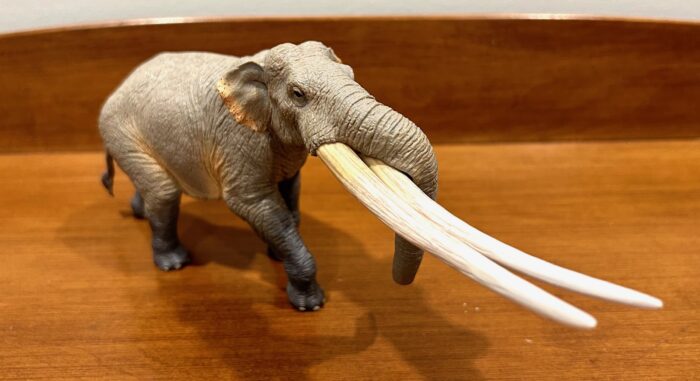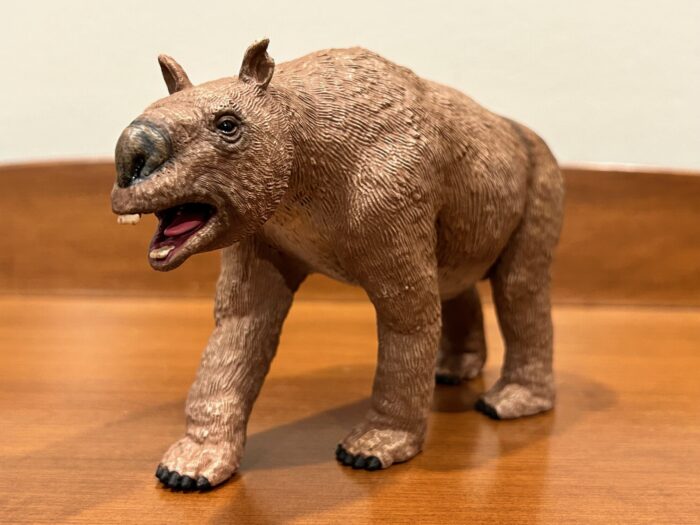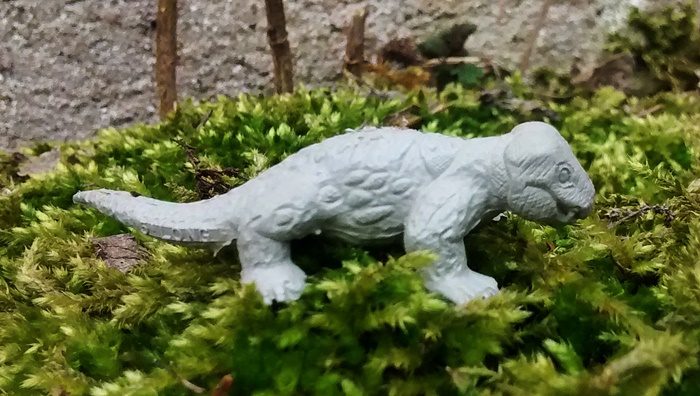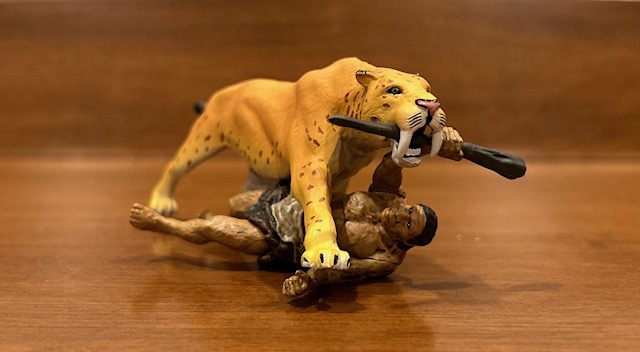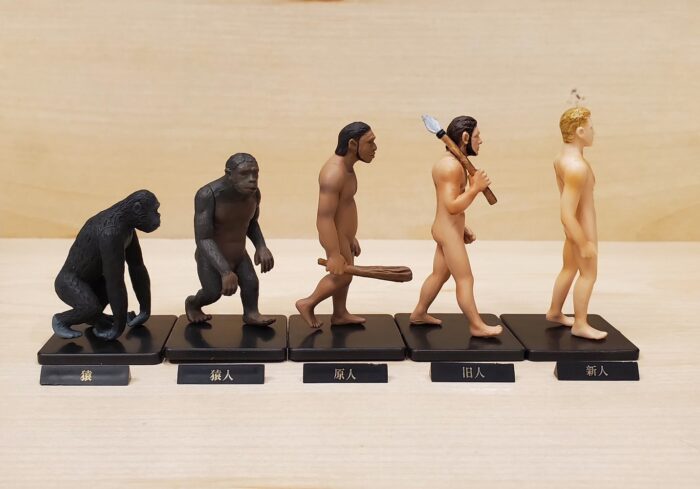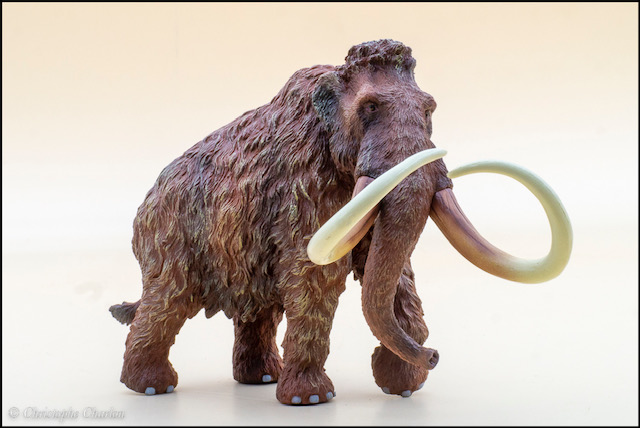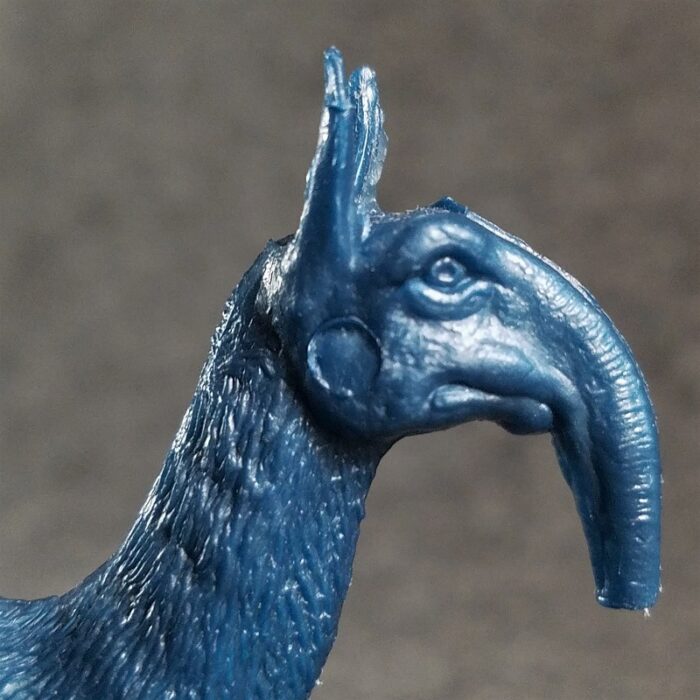“Hello, my fellow dinosaur lovers. Dr. Bella Bricking here once again, as well as the indispensable Beth Buildit. As always, we are happy and proud to be here. Happy National Dinosaur Day and Happy Pride Month!”
“Hey there, folks. Hope you’re still holding up strong.”
“Today’s review is an exciting one, for it deals with an animal we have never tackled here before: the iconic Stegosaurus!

